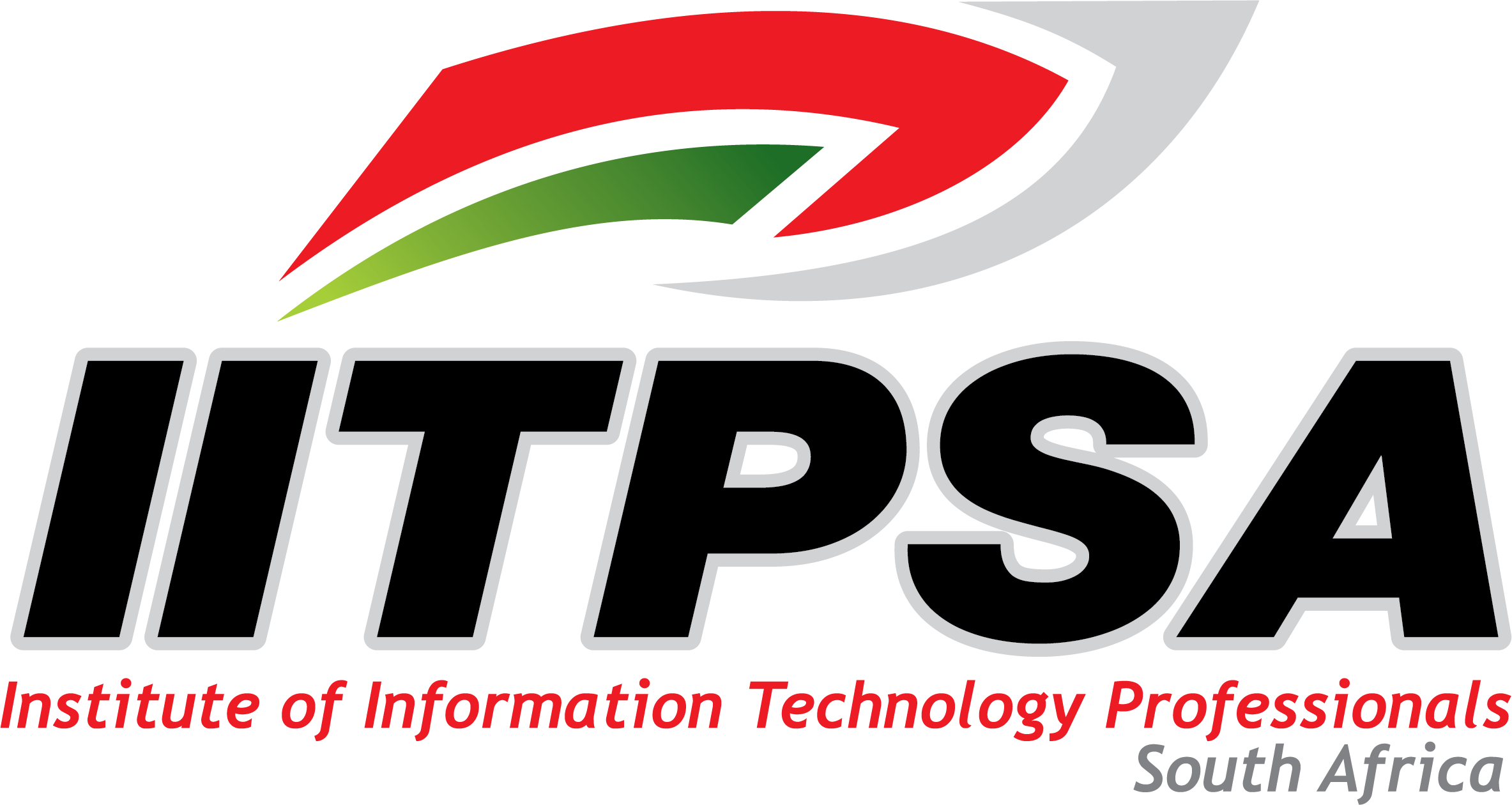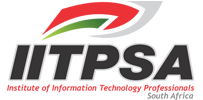South Africa is crying out for IT skills, and for young people considering careers in the sector, there are many paths they can take to ‘get into IT’. This is according to experts participating in a webinar hosted by the Institute of Information Technology Professionals South Africa (IITPSA).
The IITPSA webinar on Careers in IT was staged to give young people insight into the IT career options available, and the skills and qualifications required for careers in IT.
IITPSA IT Personality Award winner 2022 and CEO of WeThinkCode, Nyari Samushonga, IT Personality Award winner 2019 and COO of Geekulcha, Tiyani Nghonyama, and IT Personality Award winner 2013 and the co-author of the JCSE-IITPSA ICT Skills Survey, Prof. Barry Dwolatzky, Emeritus Professor and Director of Innovation Strategy at Wits University, said there were a multitude of opportunities available in the IT sector.
In-demand skills
Dwolatzky said the most recent ICT Skills Survey had revealed demand for deep skills in coding, development, project management, business analytics and data science. However, he recommended that those who were able to do so should start with a foundation of a broad computer science, engineering and information systems degree and continually upskill to adapt to continual change in the sector. “Follow your passion and don’t worry too much about a career path – your career will take many interesting turns,” he noted. “I’m sad to say that before long, AI systems will soon be writing code better than humans can, but we will still need humans to innovate and transform business processes. People should prepare themselves for where they can contribute to innovation.”
Nghonyama pointed to demand in areas such as software engineering and development, enterprise architecture, enterprise solution and mobile app development. “Networks and communications are also important, and the SKA is a big opportunity for professionals in these fields. Cyber security is crucial, and it’s not necessarily an IT field: it’s very broad and you can get into it without an IT background, for example in the field of research,” he said.
Samushonga said: “It’s no longer about ‘why a career in IT’, but rather ‘why not a career in IT?’ We are getting to a point where every facet of our lives is shaped by technology. Whether you work in banking, education or health, IT is the toolset you need. If you know how to use IT, you can work in any sector. It’s a superpower. It’s accessible from many different starting points.”
Attributes for IT
The panellists said that while maths and a formal degree were a good foundation for working in IT, these were not crucial, and not the only factors shaping a future IT professional.
Nghonyama said: “You need digital literacy and problem solving skills. I believe maths is important because it develops problem solving skills. But I also appreciate subjects like life orientation, which give you soft skills to complement your maths and IT skills.”
Dwolatzky said: “First prize is to get a degree in some discipline. The deep learning you gain is a powerful thing to have in your repertoire of tools. But there are many barriers to entry at university – financial constraints, matric marks or other factors. A lot of people who don’t study computer science still make it in the world of IT. The attributes you also need are problem solving, communication, team work, learning to learn and learning how to sell, and you can acquire those skills in many ways.” He noted that lifelong learning is important.
Samushonga, who started her career as an accountant, advised: “Where once, people picked a career coming out of school and stuck with it, now they stay in a job for only four to five years and move on. There are opportunities to reinvent yourself and add value and diversity to IT teams by bringing your experience of another sector.” She said IT toolkits made careers in IT accessible to more people, who didn’t necessarily need to know how to build solutions. “What you need is analysis, problem solving skills and logic, and the underlying attributes to acquire learning in IT. Maths isn’t the only subject you need. Look for opportunities like WeThinkCode or Geekulcha to learn coding and development.”
She noted: “There is a place in software for computer science graduates, but while they are necessary, they aren’t enough for developing great technology. We need teams with diverse paths. University isn’t for everyone, and for those who aren’t wired that way, there are alternate paths to IT. If you haven’t studied IT at university, things like WeThinkCode shouldn’t be seen as a ‘Plan B’ – it’s a good way to gain knowledge and experience in a hands-on environment.”
Boosting IT skills pipelines
The webinar, moderated by IITPSA CEO, Tony Parry, formed part of IITPSA’s ongoing skills development initiatives, which extend from professional development programmes down to early school level. These include the Computer Olympiads and the annual Talent Search, which is set to get underway at schools across South Africa next month. The Talent Search exposes around 20,000 learners to computing and problem solving concepts. Schools can register to participate in the 2023 Talent Search here https://olympiad.org.za/talent-search/register/
Tertiary learners and IT students are also invited to apply for IITPSA student membership, through which they can benefit from access to skills development webinars and industry networking opportunities. For more information visit www.iitpsa.org.za

